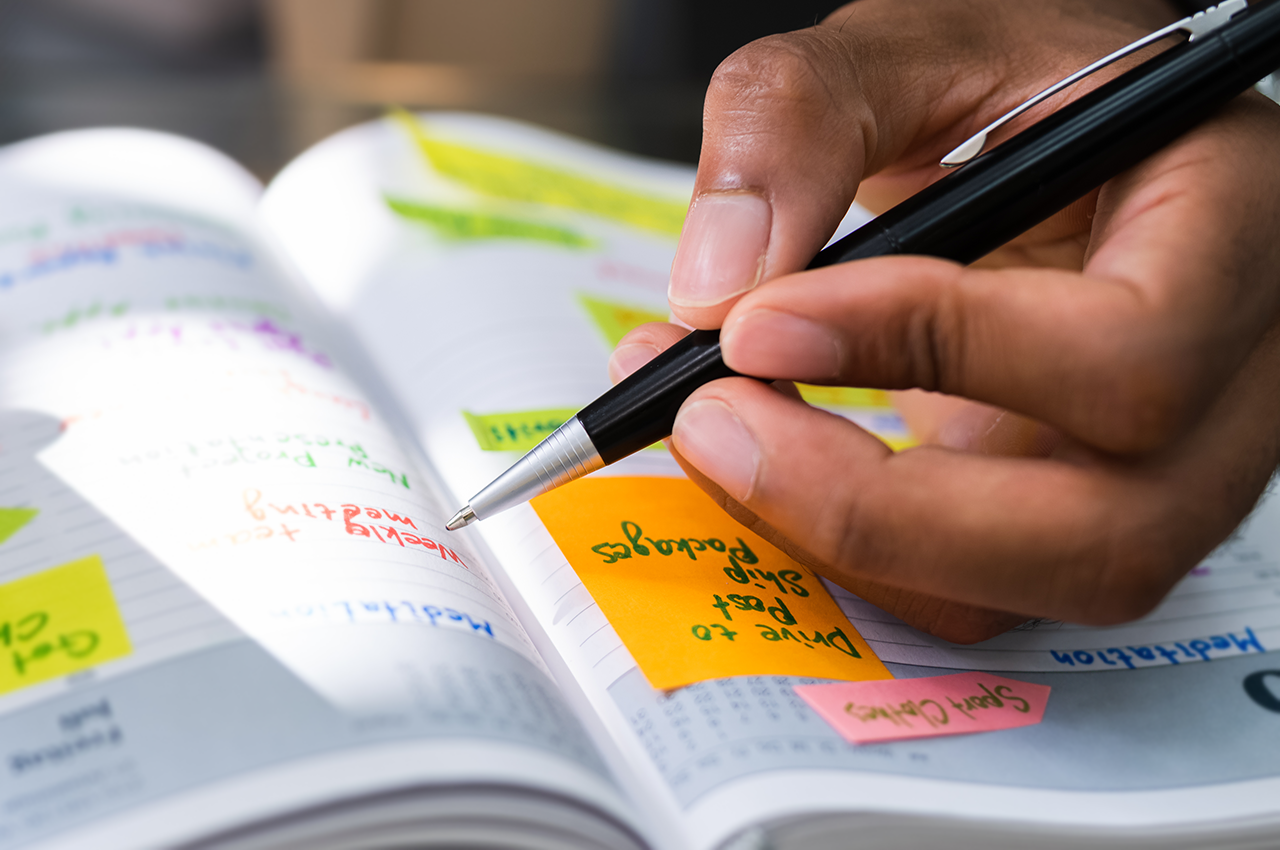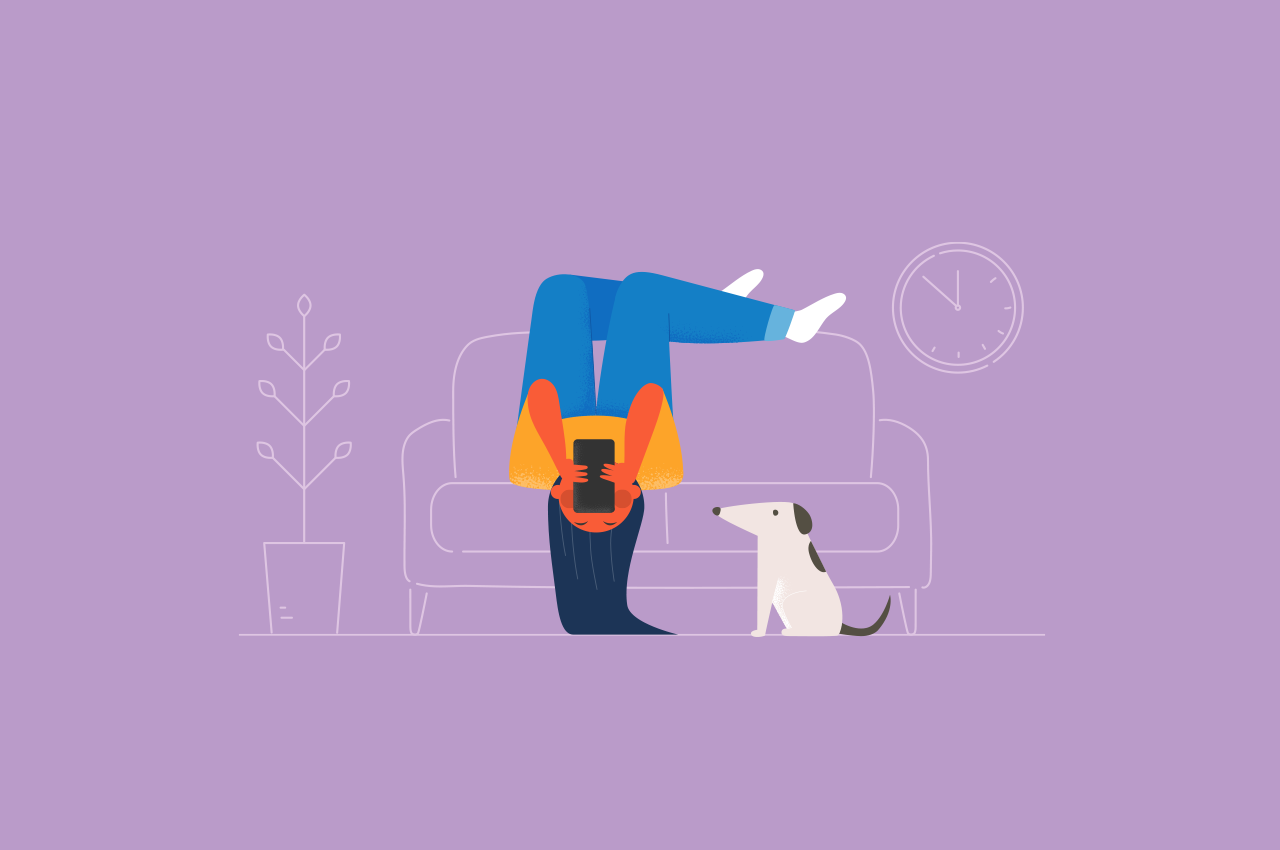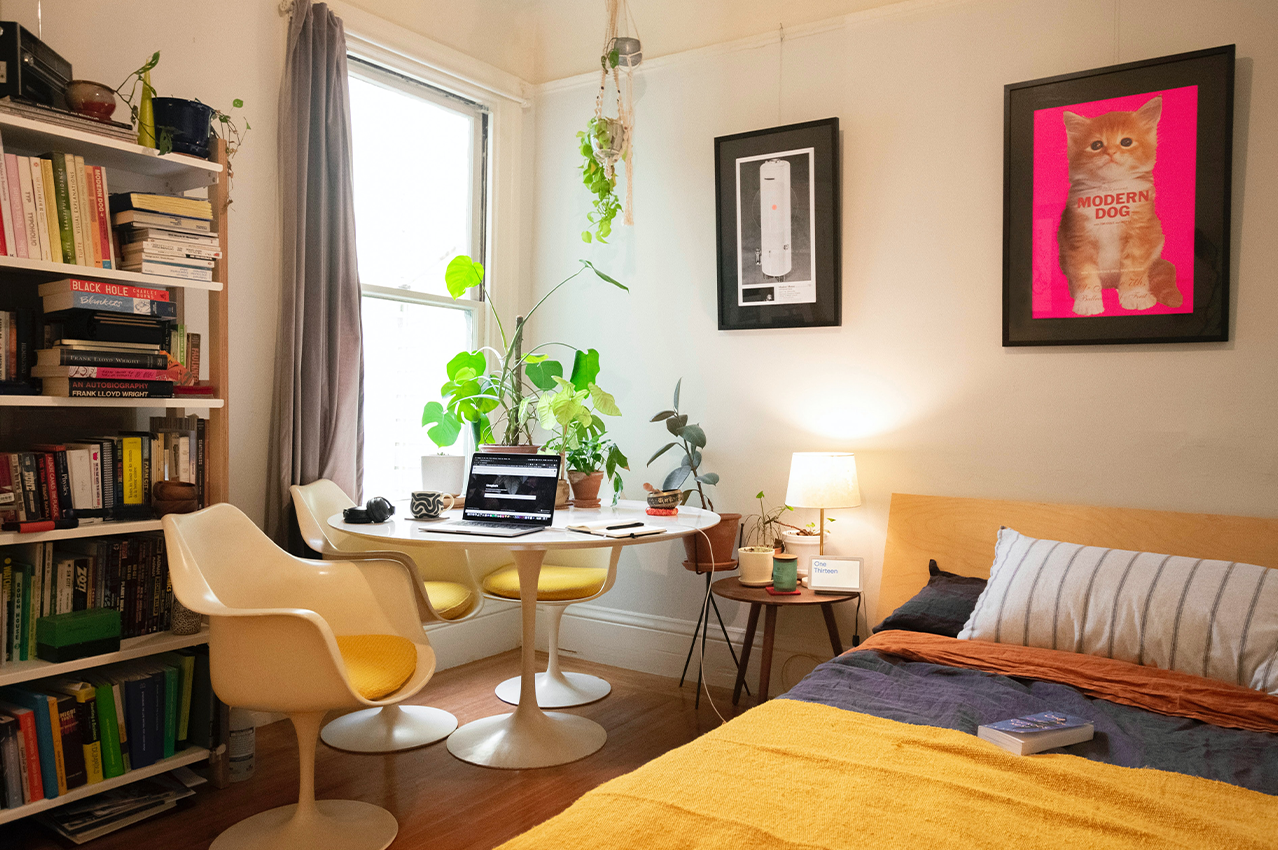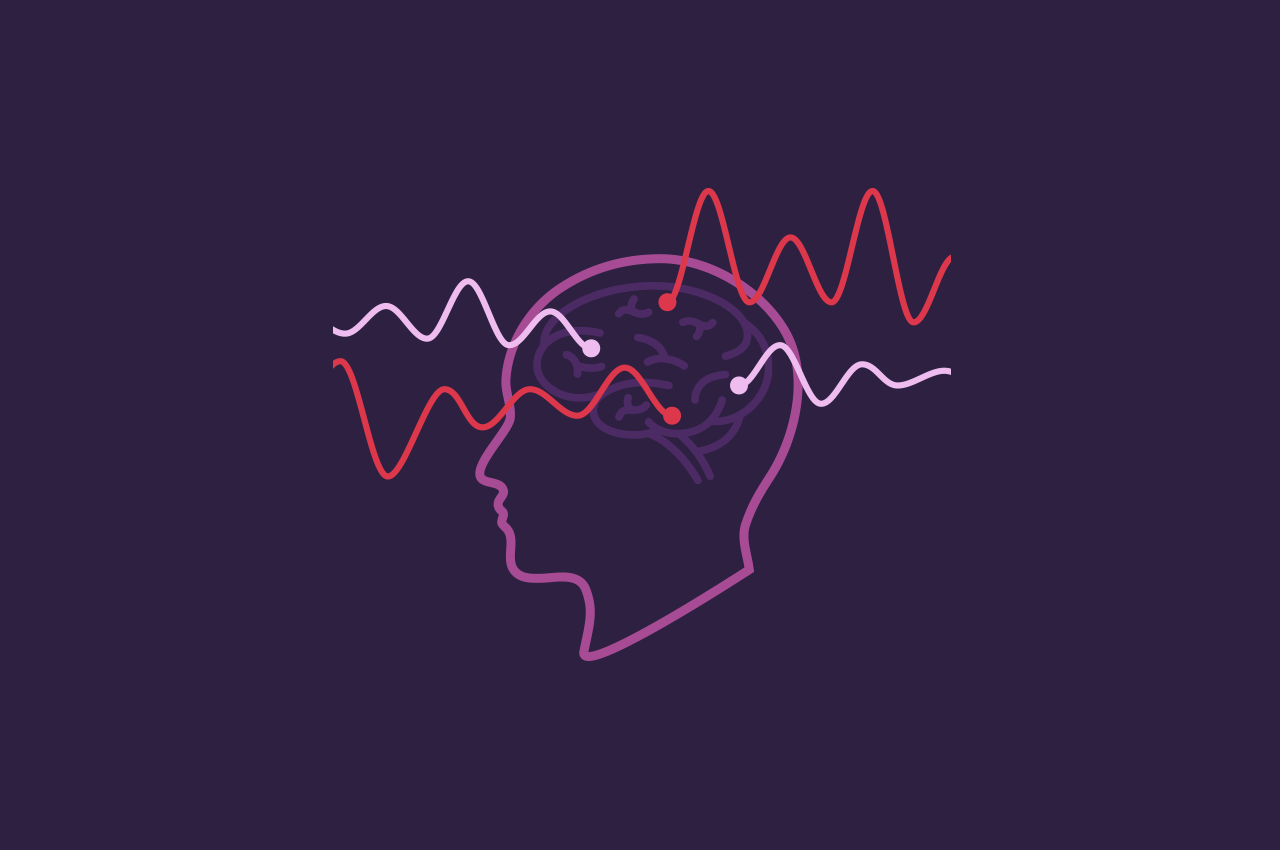Is stress about work keeping you from living your best life? Then it’s time to tackle it and let go of unproductive worry.
We are fortunate to live in a country that guarantees our freedoms and yet many of us find ourselves trapped by work stress. It shouldn’t be this way. A job already provides a number of freedoms, including the ability to put food on the table or the opportunity to shape your future. Here are a few tips on how you can do your job without the stress.
Check in with yourself
The first step to becoming free of stress is realising you are stressed in the first place. Stress is such a broad term that it may be hard to realise just how much of an impact it’s having on your health. It’s time to get a handle on stress levels if you are experiencing any of the following symptoms: low energy, headaches, a change in appetite or an upset stomach. Low esteem and a loss of sex drive can also indicate something needs to change.
Create a happy space
Take a look at where you work. Is it a grey little cubicle or a neglected space like a desk in your back room? Simple things like adding a little colour to your desk with framed pictures or bringing in quality coffee for your morning cup can boost your mood. Office workers in Japan found that simply bringing in a pot plant and staring at it for a few minutes a day noticeably improved stress levels.
Step away from your desk
If you find you are stressed, free yourself from your desk by making sure to take a lunch break each day. This is just as important when you are working from home. Use your lunch hour to eat a healthy meal and try to fit in a walk. Getting exercise and eating healthily have been shown to smash stress. When stress hits, you might crave chips and cakes, but what will really make you feel better is loading up on things like vegetables, fish, fruit, eggs and nuts. One study of over 12,000 Australians found that people who increased vegetables and fruits in their diet resoundingly reported themselves as being happier.
Honour your downtime
Quite often work stress is caused by the feeling that we are not up to the tasks at hand because we’re low on energy and inspiration. You might try and cope by putting in longer hours, but that’s counterproductive. In fact, studies suggest that long hours are absolutely devastating to our health and work performance. Instead you’d be better off leaving work at a reasonable time and using your personal hours to hit the gym, walk the dog or meet up with friends – whatever recharges your batteries. If you want to sleep well at night and deliver better work during the day, leave the office on time and close work apps and communication once you are out the door.
Shore up support
The last large contributor to how stressed a person feels comes down to their perceptions of the work environment. One study found that those who were stressed, but believed they had what they needed to complete a task, fared better than teams who felt under-resourced, even if their situations were the same. In short, how you view your work environment will have a lot to do with how you handle work stress. If you are feeling snowed under and alone, it’s important you speak to those around you, evaluate your resources and start building a culture of support.
Get organised
Rather than dive straight into work when you sit down at your desk, take a few moments to plan your day. To make the most of it, you can use a strategy like chunking – this is where you group similar tasks together, for example, setting time aside to answer a bunch of emails. Another organisational approach is to write up a list of things you need to do and quickly do all of those things that only take a few minutes. You will find your list is now significantly shorter and appears more manageable. Now take a deep breath. You’ve got this.
Tech to help you beat stress
- Constant beeping from alerts and notifications fraying your nerves? With help from these Android and iPhone guides, you can turn them off and restore calm.
- Reset your frazzled mind with a free 4-minute guided meditation from Calm. The Calm App also offers paid-for meditations of various lengths to help you destress.












